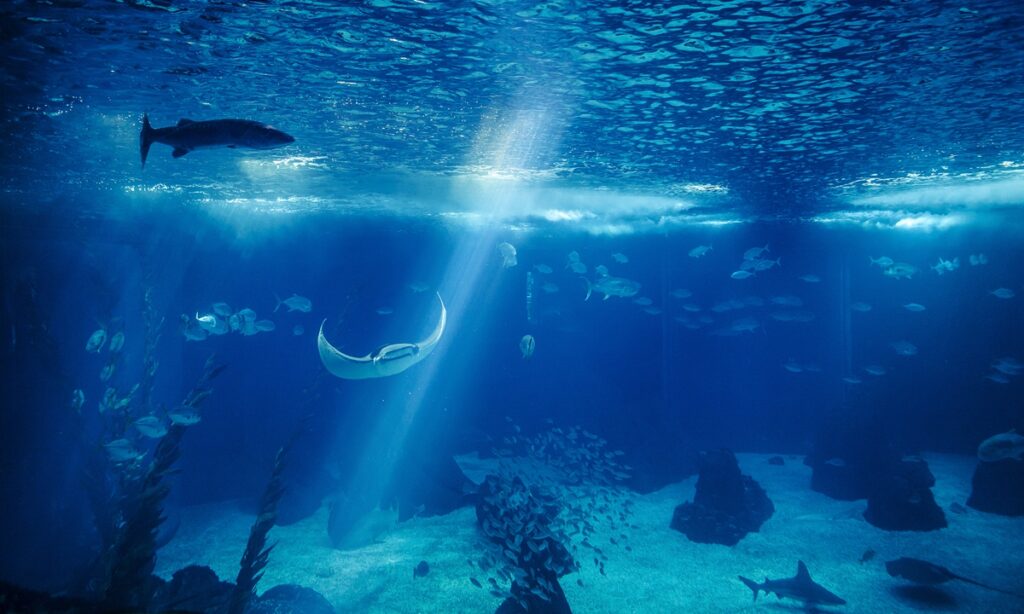China’s Foreign Ministry said on Thursday that some countries’ proposals for a moratorium on deep-sea mining were not included on the agenda of a just-concluded meeting of the International Seabed Authority (ISA) because they didn’t comply with procedural rules, essentially rejecting claims that China blocked the talks.
Some Western media and environmental organizations have sought to blame China after talks about a proposed ban were not included on the agenda of the UN-affiliated seabed regulator, but such claims are biased, as many other countries including South Korea and Norway were also opposed to the talks, Chinese experts said on Thursday.
At the 28th session of the ISA Assembly, which concluded on July 28, some countries — including Chile, Costa Rica, France, Palau and Vanuatu — submitted a supplementary agenda item for the establishment of a general policy related to the conservation of the marine environment.
However, the assembly did not agree to include the matter on the agenda as initially proposed, the ISA said in a press release on Wednesday.
According to media reports, the proposed supplementary agenda was about a moratorium on deep-sea mining. Citing a researcher from the UK-based Environmental Justice Foundation, Reuters reported on Thursday that members of the Chinese delegation had refused to allow discussion of a moratorium. That claim has been hyped by other Western media outlets and environmental groups.
Asked about the claims on Thursday, a spokesperson for the Chinese Foreign Ministry said in a press release that the topic of suspending deep-sea mining activities proposed by relevant countries was not included on the agenda because it did not comply with the procedural rules.
“China stands ready to work with all parties to continue supporting the ISA’s work and promote sustainable deep-sea activities and effective protection of the marine environment based on science and in accordance with relevant rules,” the spokesperson said.
The ISA said in a press release that the assembly agreed that an item on the role of the assembly for the conservation and protection of the marine environment could be proposed for inclusion on the provisional agenda for the 29th session next year.
Chinese analysts pointed out that Western media outlets and environmental groups are biased in blaming China for the exclusion of the moratorium from the agenda, as several other countries were also opposed to the move.
According to media reports, countries including South Korea, Russia, Norway, Mexico and Nauru were also opposed to the move.
In particular, Nauru, a Pacific island country, was reported to become the first country to apply for a deep-sea mining license from the ISA. Canadian firm The Metals Co’s subsidiary, Nauru Ocean Resources Inc, aims to apply next year for a license to start mining in the Pacific Ocean, Reuters reported on Thursday.
Supporters of sustainable deep-sea mining have argued that minerals like nickel and cobalt are needed in batteries and will help speed up the energy transition.
Lin Boqiang, director of the China Center for Energy Economics Research at Xiamen University, said that some countries such as the US are trying to curb others’ development and utilization of deep-sea resources by criticizing them from the perspective of “environmental protection.”
“Deep-sea oil and gas resources have always been the key areas of global energy development, so development of deep-sea minerals should also operate normally,” Lin told the Global Times on Thursday, noting that China has made great efforts to protect the marine environment.
(Global Times)




